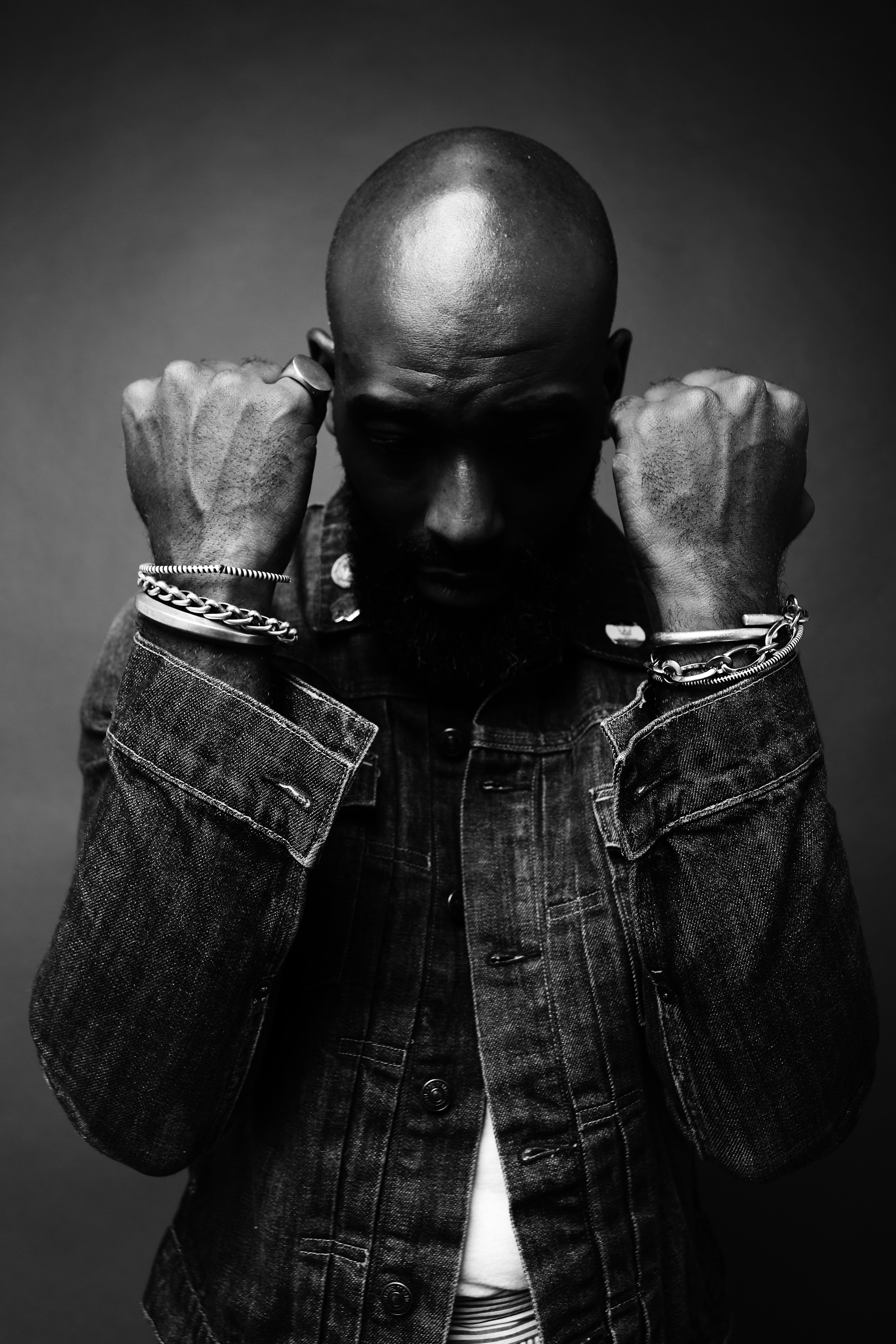Some conservative state lawmakers have begun to take a stand against public universities that derecognize Christian groups for refusing to allow non-Christians to lead their campus clubs.
Kansas State Sen. Steve Fitzgerald (R-Leavenworth) recently sponsored SB-175, which passed the Senate handily 30-8. The legislation “prohibits state universities from taking action against student religious groups that require members to adhere to the group’s religious beliefs.”
In Missouri, state Rep. Elijah Haahr (R-Springfield) has proposed similar legislation, which was approved by the house and is now awaiting a vote in the Missouri Senate.
If these measures pass, they will join a handful of others states that have passed laws to protect religious student groups’ association rights in the last few years.
States such as Oklahoma, which passed a law last year that declares:
A. No public institution of higher education may take any action or enforce any policy that would deny a religious student association any benefit available to any other student association, or discriminate against a religious student association with respect to such benefit, based on that association’s requirement that its leaders or members:
1. Adhere to the association’s sincerely held religious beliefs;
2. Comply with the association’s sincere religious observance requirements;
3. Comply with the association’s sincere religious standards of conduct; or
4. Be committed to furthering the association’s religious missions, as such religious beliefs …
But not all attempts at passing such laws are successful. An effort in Colorado to pass a higher education Freedom of Association Act bill was shelved in February.
Supporters say these measures protect religious freedom on college campuses, while opponents argue they allow student groups to discriminate against those who hold beliefs contrary to the group but still seek membership.
Sen. Fitzgerald drafted the bill after universities in several states denied recognition and funding to student religious groups who did not comply with the school’s anti-discrimination policies.
“Animosity against religion, particularly Christianity and most especially Catholicism, is rising and becoming a new orthodoxy. This is caused mostly by a desire to be without rules. It is narcissism and self-indulgence with a vengeance,” Sen. Fitzgerald told The College Fix in an email.
Universities’ anti-discrimination policies, also called “all comers” policies, have wreaked havoc on many Christian clubs across the country.
All 23 California State University schools require that Christian groups allow non-Christians to lead their organizations, even individuals with beliefs antithetical to the clubs’ missions. Subsequently unrecognized, denied free access to university meeting space, and prohibited from advertising on campus and in dorms, among other hindrances, Cal State University Christian clubs have witnessed declining membership.
Rep. Haahr told The Associated Press these “all comers” policies are popping up around the country, adding “these policies are being used for one purpose. They are used to target religious groups.”
Meanwhile, clubs such as Cru, formerly known as Campus Crusade for Christ, have declined to change their constitution to comply with California State Universities’ all-comers policies.
San Luis Obispo Missionary Leader Jamey Pappas previously told The College Fix that “we have no issue with anybody of any kind of race or religion coming to our weekly meetings and being a part of who we are. It’s a question of who’s going to be leading our students in a Bible Study, mentoring them individually, or deciding what kind of content goes into our weekly meeting, and we want people who agree with what we’re about.”
The controversy is reminiscent of the 2010 case Christian Legal Society v. Martinez, in which the Supreme Court upheld University of California, Hastings College of the Law’s policy requiring student groups to accept all students regardless of their status or beliefs.
The Christian Legal Society required members to subscribe to a “Statement of Beliefs” in which students promised to refrain from certain behaviors, some of which were contrary to the lifestyle of LGBT students. Hastings denied the Christian Legal Society recognition when they declined some students’ club membership due to their unwillingness to sign the statement. The Christian Legal Society ultimately lost their legal battle, and were forced to comply with Hastings’ anti-discrimination policies or lose their recognition.
Sen. Fitzgerald said he believes a pressing need exists to protect student religious groups.
“In Kansas we had a case in which a club was challenged by student government because of exclusivity based on religious belief. The case ended well. But, there are increasing numbers of cases around the country that are resulting in religious clubs and associations being forced off campus. Regretfully, it appeared that something had to be done to protect student rights in Kansas,” Senator Fitzgerald told The Fix.
Daily Luther Sermon Quote - Easter 3 - "For it is the hour of true sorrow,
when I will be to you dead, with all the joy, comfort and assurance you had
from me, and you yourselves will be totally lost. However, my dear little
children, only think of these words and forget not entirely what I now say
to you. It shall not be so forever. A little while I shall be lost and not
be seen."
-
*Complete Sermon - Third Sermon: Christ’s Death and Resurrection; the
Comfort Christ Ministers to his Disciples, and the World’s Joy*
*THIRD SUNDAY A...
2 hours ago







































No comments:
Post a Comment